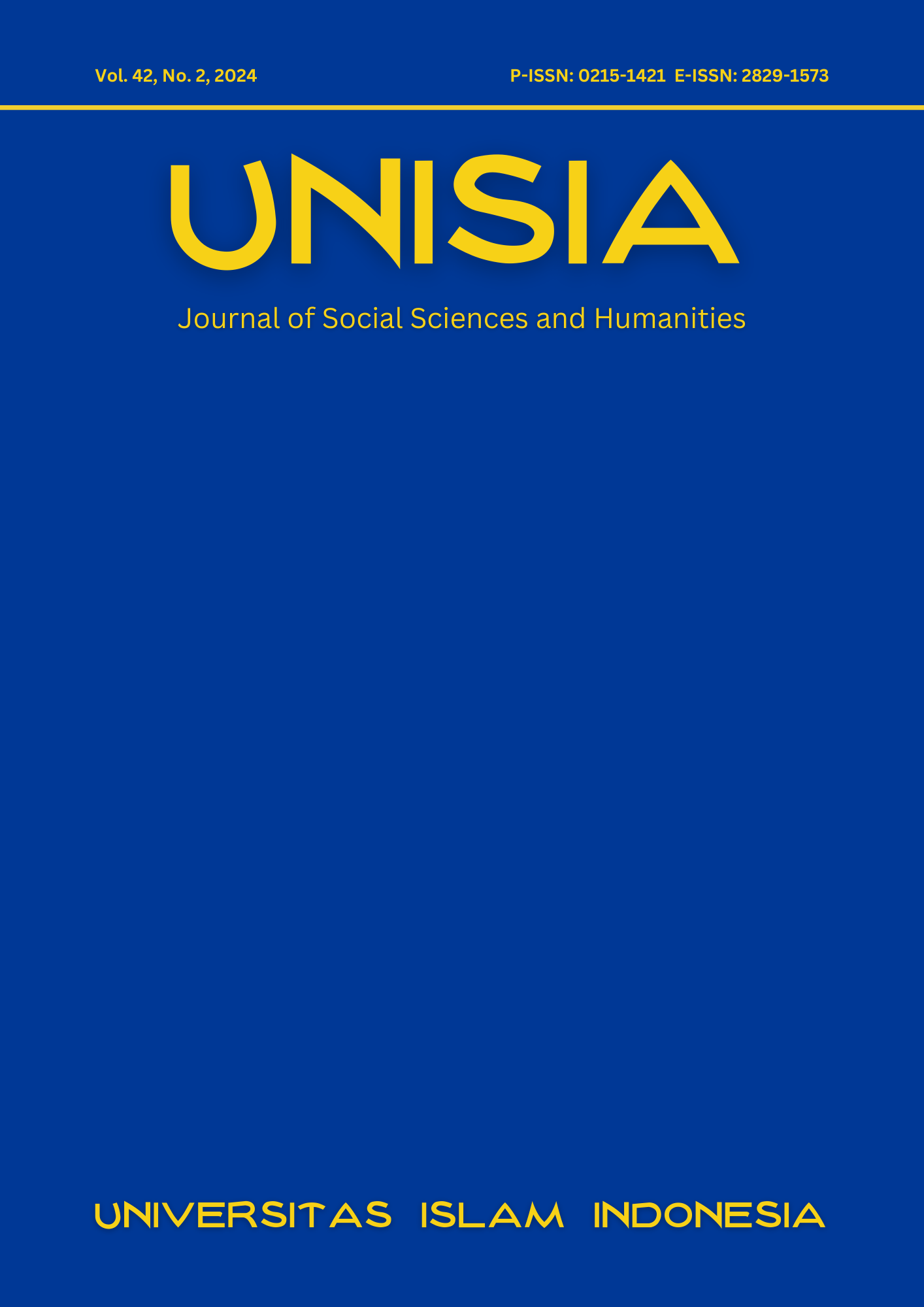Main Article Content
Abstract
This paper explores the culture of leadership models, especially in the context of politics in educational institutions in Indonesia, which still use top-down leadership. A leadership model that promotes segregation and echoes domination. This model is not only found in educational institutions but also the cross-border of everyday life at the local, national, and global levels. The lives of students from three vocational high schools in Buntok, Central Kalimantan, regarding their lives and naturalist intelligence across disciplinary boundaries, as well as their responses to the leadership model they received at school. Then, processed using Jean-Jaques Rousseau's philosophy of the social contract in the landscape of a democratic state, social praxis related to leadership, especially in educational institutions. This writing uses a qualitative method, in-depth interview methods, transcribing factual solids, and then making them into themes for subjects or students from 3 SMKNs in Buntok, Palangka Raya, Central Kalimantan. This research revealed that the shared leadership model is an essential contribution to the practice of learning life praxis in the context of independence learning.
Keywords
Article Details
Copyright (c) 2024 Alfonso Munte

This work is licensed under a Creative Commons Attribution-ShareAlike 4.0 International License.
- Authors retain copyright and grant the journal right of first publication with the work simultaneously licensed under a Creative Commons Attribution License that allows others to share the work with an acknowledgement of the work's authorship and initial publication in this journal.
- Authors are able to enter into separate, additional contractual arrangements for the non-exclusive distribution of the journal's published version of the work (e.g., post it to an institutional repository or publish it in a book), with an acknowledgement of its initial publication in this journal.
- Authors are permitted and encouraged to post their work online (e.g., in institutional repositories or on their website) prior to and during the submission process, as it can lead to productive exchanges, as well as earlier and greater citation of published work.




